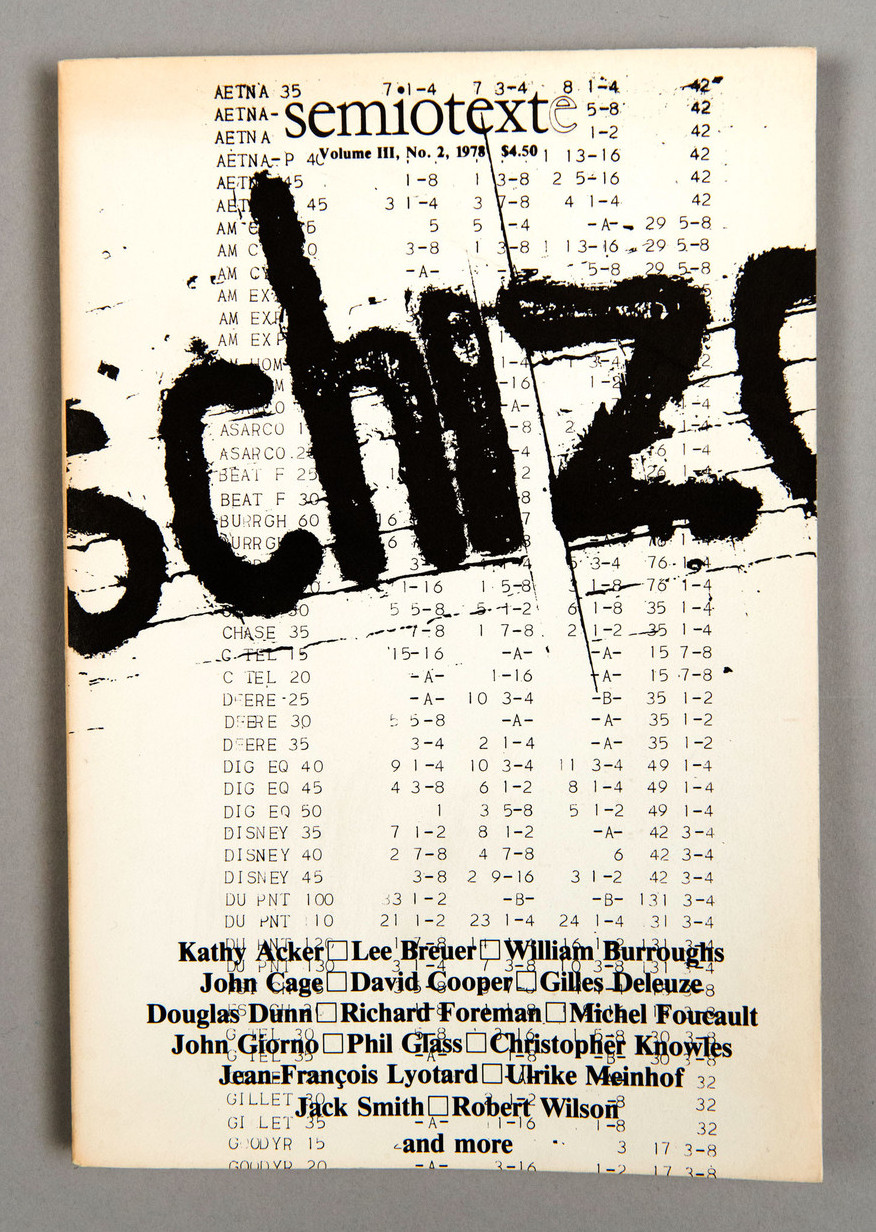Felicity Colman: Deleuze and Cinema: The Film Concepts (2011)
Filed under book | Tags: · cinema, film, film theory, image, montage, movement, perception, philosophy, semiotics, time

“Gilles Deleuze published two radical books on film: Cinema 1: The Movement-Image and Cinema 2: The Time-Image. Engaging with a wide range of film styles, histories and theories, Deleuze’s writings treat film as a new form of philosophy. This ciné-philosophy offers a startling new way of understanding the complexities of the moving image, its technical concerns and constraints as well as its psychological and political outcomes.
Deleuze and Cinema presents a step-by-step guide to the key concepts behind Deleuze’s revolutionary theory of the cinema. Exploring ideas through key directors and genres, Deleuze’s method is illustrated with examples drawn from American, British, continental European, Russian and Asian cinema.
Deleuze and Cinema provides the first introductory guide to Deleuze’s radical methodology for screen analysis. It will be invaluable for students and teachers of Film, Media and Philosophy.”
Publisher Berg, 2011
ISBN 1847887708, 9781847887702
288 pages
Reviews: Kam Chui Ping (Film-Philosophy 2012), Dorothea Olkowski (Cultural Sociology 2012).
PDF
Academia.edu (from author, added on 2015-10-20)
Charles Bazerman: Shaping Written Knowledge: The Genre and Activity of the Experimental Article in Science (1988)
Filed under book | Tags: · epistemology, history of science, knowledge production, linguistics, literature, physics, rhetorics, science, semiotics, social science, spectroscopy, theory, writing

The immense force of scientific knowledge in our world has in recent years commanded the attention of a number of scholarly disciplines, ranging from the history of science to literary theory, from philosophy to the teaching of writing. Each foray into the language of science, however, has been motivated by the discipline and school of the researcher. Shaping Written Knowledge confronts scientific language more directly, by making its special character the real center of the inquiry. Original and extensive, this work will be of great interest to scholars concerned with the sociology and history of science, language theory, the history of literacy, the rhetoric of knowledge, technical writing, and the teaching of composition.
The emergence of the experimental article in science, Bazerman shows, is a response to the social and rhetorical situation of seventeenth- and eighteenth-century natural philosophy activated by the need to communicate findings and the exigencies of conflict that arise from communication. The appearance of the argumentative forms of scientific writing are coincident with the rise of the scientific community and the development of experimental procedures. All three interactively structure each other. Bazerman shows that later developments of the experimental article, in both the physical and social sciences of the twentieth century, have been made within the contexts of various disciplines. An understanding of what forces have shaped the experimental report, what functions the features were designed to serve, and the impact of rhetoric on the rest of scientific activity help to evaluate all statements of knowledge and increase our ability to make intelligent writing choices.
Edited for digital presentation by Patricia Klei
Publisher University of Wisconsin Press, Madison, Wisconsin, 1988
ISBN 0299116905, 9780299116903
356 pages
publisher
ebook publisher
google books
PDF (updated on 2012-6-13)
PDF (alt)
Semiotext(e), 3(2): Schizo-Culture (1978)
Filed under journal | Tags: · anti-psychiatry, capitalism, linguistics, literature, philosophy, politics, power, psychoanalysis, schizoanalysis, schizophrenia, semiotics

“Semiotext(e) began in 1974 as a journal started by French philosopher Sylvère Lotringer in an effort to bridge radical French theory and the intellectual and art worlds of New York City. The original editorial board included ten people, mostly graduate students at Columbia University where Lotringer teaches, who chipped in fifty dollars apiece to get the journal started. They held their first conference in 1975: the Schizo-Culture conference on prisons and madness. Speakers included Gilles Deleuze, Félix Guattari, Michel Foucault, and Jean-François Lyotard, now all staples of the Semiotext(e) backlist.” (from Wikipedia)
With contributions by Kathy Acker, Lee Breuer, William Burroughs, John Cage, David Cooper, Gilles Deleuze, Douglas Dunn, Richard Foreman, Michel Foucault, John Giorno, Phil Glass, Christopher Knowles, Jean-Francois Lyotard, Ulrike Meinhof, Jack Smith, Robert Wilson, and others.
Edited by Sylvère Lotringer
Publisher Semiotext(e), New York, 1978
ISSN 00939579
221 pages
PDF (8 MB, updated on 2013-12-8)
See also Semiotext(e), 3(1): Nietzsche’s Return (1978).
Comments (2)
